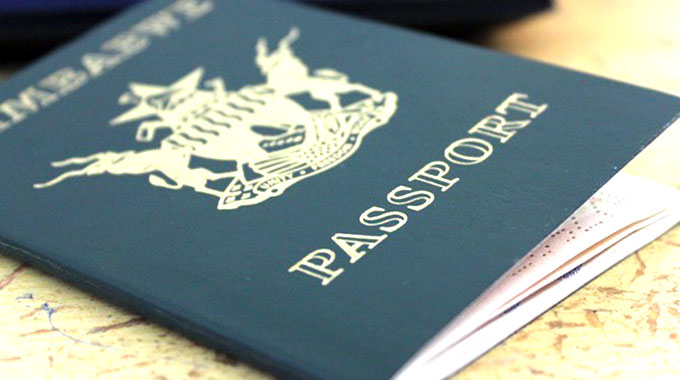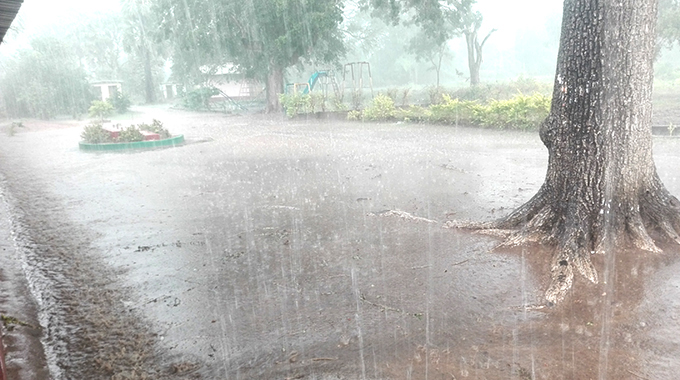Editorial Comment: Diaspora passport move makes economic sense

Government on Monday announced that it will increase passport fees for those in the Diaspora.
The decision, which is yet to be fully understood by some, is expected to make life easier for both the issuer (the Government) and applicants.
It will allow remote applications for renewals, which eliminates the need to travel back home to get travel documents updated.
The nation saw the challenges faced by Zimbabwean professional footballer Teenage Hadebe as he sought to have his passport renewed.
Hadebe’s situation, which obviously got prominence because of his popularity, is a reality many foreign-based Zimbabweans have had to face.
Sadly, not many people live to tell their stories after they miss out on academic, professional and personal opportunities after they fail to get their travel documents on time.
The Government has come up with a solution to make life easier for Zimbabweans in the Diaspora.
Under the new scheme, all one needs to do is visit any Zimbabwean embassy across the world and pay the gazetted amount.
The paperwork will then be sent to Zimbabwe through what is known as the diplomatic bag, a legally protected container with correspondence between an embassy and its home Government.
Once processed, the papers are then sent back to the embassy. This simple process will eliminate travelling costs
Although the cost of passport renewals will be viewed as high by some, the cost of flying back home is nowhere near the US$318 which the Government authorised the Passport Office to charge.
For example, a return air ticket from London to Harare costs close to US$2 000. All that is money will be saved through making an embassy application.
The Government has to be commended for responding to calls from people in the Diaspora. The embassy applications will generate foreign currency, which is crucial in passport production.
We believe the relief should now be extended to local applicants who constitute the bulk of the 370 000 applications that the Registrar-General’s Office is yet to process.
Although the Government may not be able to clear the passport backlog by producing 100 000 copies by December as earlier promised, it can reduce the numbers significantly by increasing the current price of $53 in line with regional prices to ensure viability.
Passport fee increase is inevitable. The new fees will enable the Registrar-General’s Office to clear the existing backlog, while ensuring that the office is able to pay for imported material regularly.
An increase in the fees will result in the rapid processing of applications since materials used to make passports are all imported and expensive as Government officials have often said.
Although the Government has on several occasions said it will not increase passport application fees, the current charge makes it uneconomically viable and practically impossible to continue producing the travel document, if all costs are factored in.
South Africa charges R400, Botswana P1 260, Zambia US$100 and DRC a whopping US$185.
These charges are calculated to meet production costs.










Comments